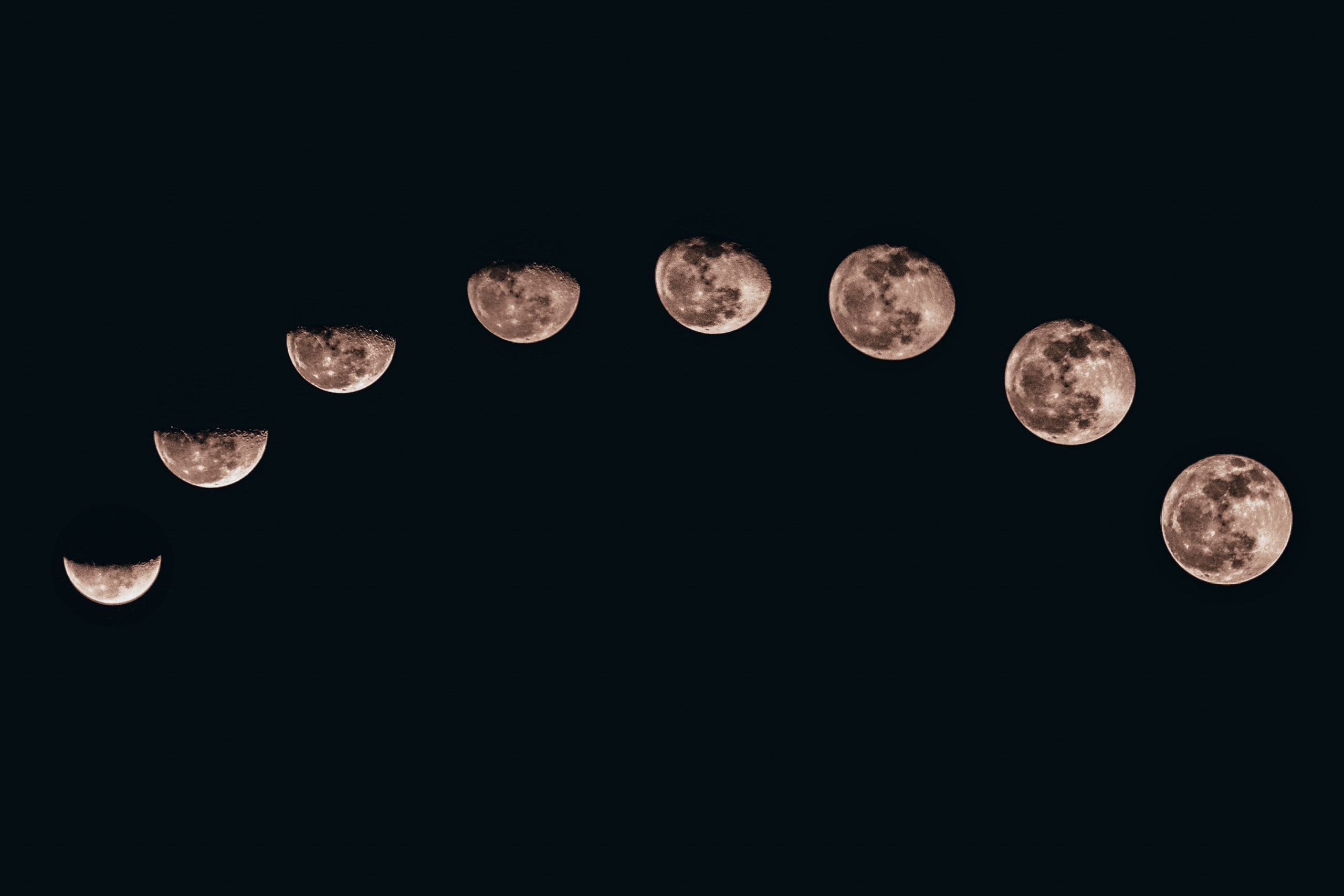Waxing Gibbous Moon Meaning in Tamil: Exploring the Significance and Symbolism
The moon has captivated humanity for centuries, inspiring countless myths, legends, and cultural beliefs. In Tamil culture, the moon holds a significant place, with each of its phases carrying unique meanings and symbolism. In this blog post, we’ll delve into the waxing gibbous moon and its profound importance in Tamil tradition.
Understanding the Phases of the Moon
Before diving into the specifics of the waxing gibbous moon, let’s briefly explore the different moon phases. The moon passes through eight distinct stages during its 29.5-day lunar cycle, as seen from the Earth. These phases include the new moon, waxing crescent, first quarter, waxing gibbous, full moon, waning gibbous, third quarter, and waning crescent, before returning to the new moon phase.
Each phase is characterized by the amount of sunlight reflected by the moon’s surface and offers a unique perspective from Earth. These lunar stages have played a crucial role in various cultures, including the Tamil community, where they hold deep symbolism.
The Waxing Gibbous Moon: Meaning and Symbolism
The waxing gibbous moon, observed during the lunar cycle between the first quarter and the full moon, carries significant symbolism in Tamil culture. Known as “Sevvai Pantham” in Tamil, this phase represents growth, abundance, and fulfillment.
As the moon transitions from its early phases towards a state of fullness, its illuminated area gradually increases. This growth reflects a period of progress, advancement, and prosperity. In Tamil culture, the waxing gibbous moon is believed to bring good fortune, luck, and opportunities.
Furthermore, the waxing gibbous moon is associated with fertility and agricultural abundance. Its significance lies in the fact that during this phase, the Moon’s light is nearly full, providing ideal conditions for crops to grow and prosper. In Tamil tradition, farmers often pay close attention to the waxing gibbous moon, as it signifies a bountiful harvest and prosperous times ahead.
Rituals and Practices during the Waxing Gibbous Moon
The waxing gibbous moon is a time of action and manifestation, making it an ideal period for setting intentions, starting new projects, and pursuing goals. In Tamil culture, specific rituals and practices are carried out to harness the moon’s energy during this phase.
1. Prayers and Offerings: Many Tamil households perform special prayers and make offerings to deities during the waxing gibbous moon. These rituals are conducted to seek blessings for success, prosperity, and overall well-being.
2. Gardening: As the waxing gibbous moon symbolizes fertility and abundance, it is an auspicious time for gardening activities. Tamil households often engage in planting new trees and nurturing their gardens during this phase, ensuring a fruitful harvest.
3. Meditation and Reflection: The waxing gibbous moon is considered an excellent time for self-reflection and inner growth. Many individuals in Tamil culture practice meditation during this phase, channeling the energy of the moon to enhance spiritual and personal development.
Lunar Influence on Tamil Festivals
In Tamil Nadu, a state in India with a rich cultural heritage, several festivals and traditions are intricately linked to the moon’s phases. During the waxing gibbous moon, one significant festival celebrated is Thai Pongal, also known as the Harvest Festival.
Thai Pongal is observed during the Tamil month of “Thai,” which falls in January. The festival marks the end of the traditional farming season and the beginning of a new agricultural cycle. Celebrated over several days, Thai Pongal showcases the gratitude of Tamil farmers towards the sun, the earth, and the waxing gibbous moon for their abundant harvests.
During this festival, families gather to prepare a special dish called Pongal where rice and newly harvested grains are boiled with milk and jaggery. The overflowing of the boiling rice pot symbolizes prosperity and abundance.
In Conclusion
The waxing gibbous moon holds great significance in Tamil culture, signifying growth, abundance, and fulfillment. Its association with agricultural prosperity, fertility, and new beginnings makes it a revered lunar phase in Tamil Nadu.
Tamil rituals, practices, and festivals seamlessly integrate the waxing gibbous moon, harnessing its energy to bring luck, success, and bountiful harvests to the community. While its symbolism may vary across cultures, the waxing gibbous moon continues to inspire awe and reverence among people worldwide.
So, the next time you gaze up at the night sky and witness the luminous glow of the waxing gibbous moon, remember the profound meaning it holds in Tamil culture and the wealth of symbolism it represents.
Table of Contents
